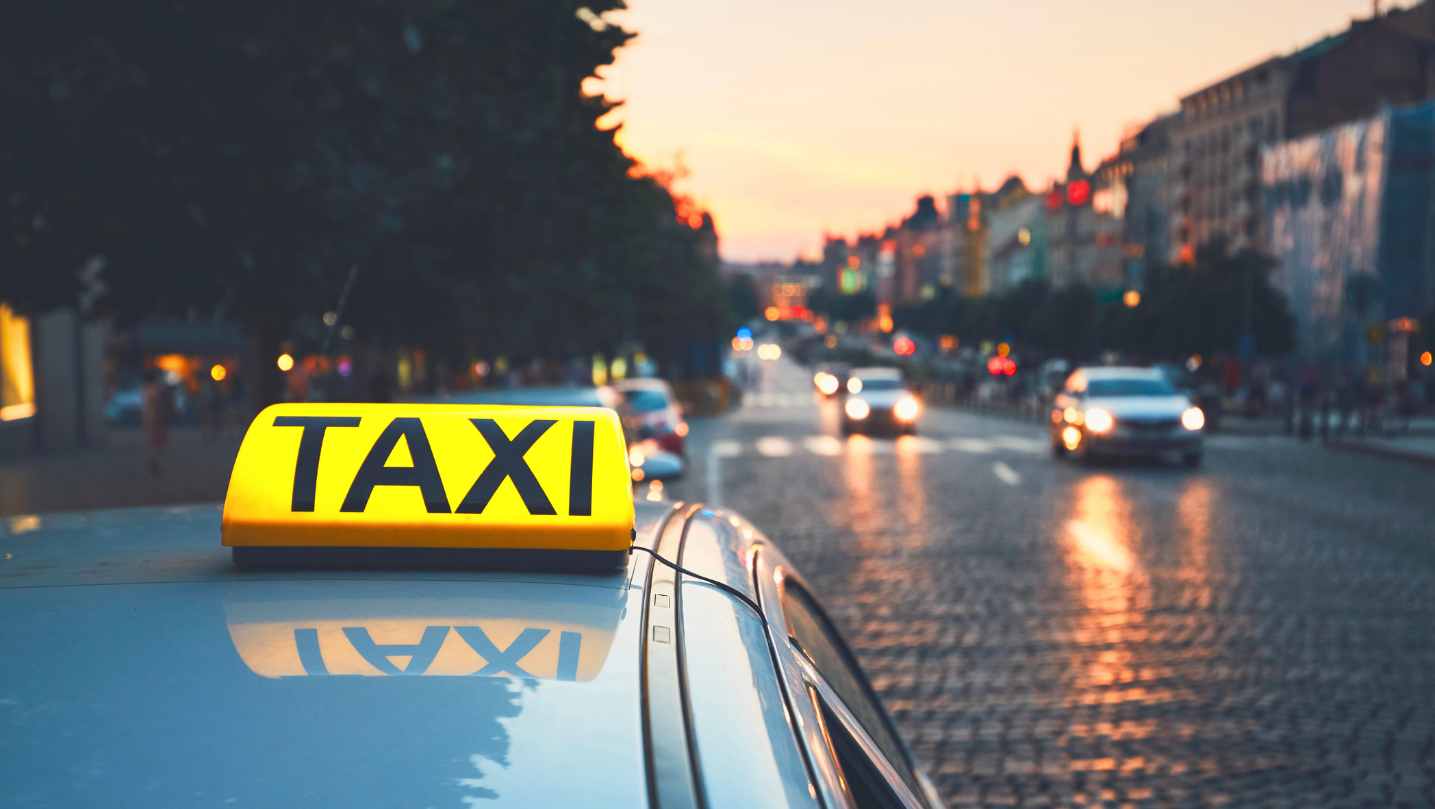Shots voluntary, but restaurants and mass events may not let you in without one, says Industry and Trade Minister Karel Havlíček.
After a COVID-19 vaccine is available, you may need to get inoculated to go to the restaurant, attend a sporting event, or a concert.
Asked if the Czech Republic would introduce an immunity passport, Havlíček said a person’s COVID-19 vaccine status might be included in a phone app that would inform local doctors of a person’s status.
“I think you’d probably find that restaurants and bars and cinemas and other venues, sports venues, will probably also use that system,” he said. “However, this system cannot be expected to roll out before the vaccine is widely available,” he added.
“The sort of pressure will come to both ways: from service providers — who will say ‘look, demonstrate to us that you have been vaccinated’ — but also, we will make the technology as easy and accessible as possible.”
“Immunity passports” were a concept floated early on in the pandemic to allow people who were presumed to be immune to COVID-19 to freely circulate in society. With the advent of a vaccine, the idea has further evolved to encompass immunity through proof of vaccination.
However, the official messaging about the validity of these so-called “digital health passports” – or “vaccine passports” as they are becoming known – is at present a little confusing. The World Health Organization (WHO) itself appears at odds with its own recommendations.
At a WHO press briefing in Copenhagen on December 4, Dr. Catherine Smallwood, Senior Emergency Officer at WHO Europe, reaffirmed the body’s current guidance on “immunity passports”.
“We do not recommend immunity passports nor do we recommend testing as a means to prevent transmission across borders,” she said. “What we do recommend is that countries look at the data on transmission both within their countries and beyond their borders and adjust their travel guidance to people accordingly”.
“Digital health passports may contribute to the long-term management of the COVID-19 pandemic. However, they pose essential questions for the protection of data privacy and human rights.”
-
NEWSLETTER
Subscribe for our daily news








